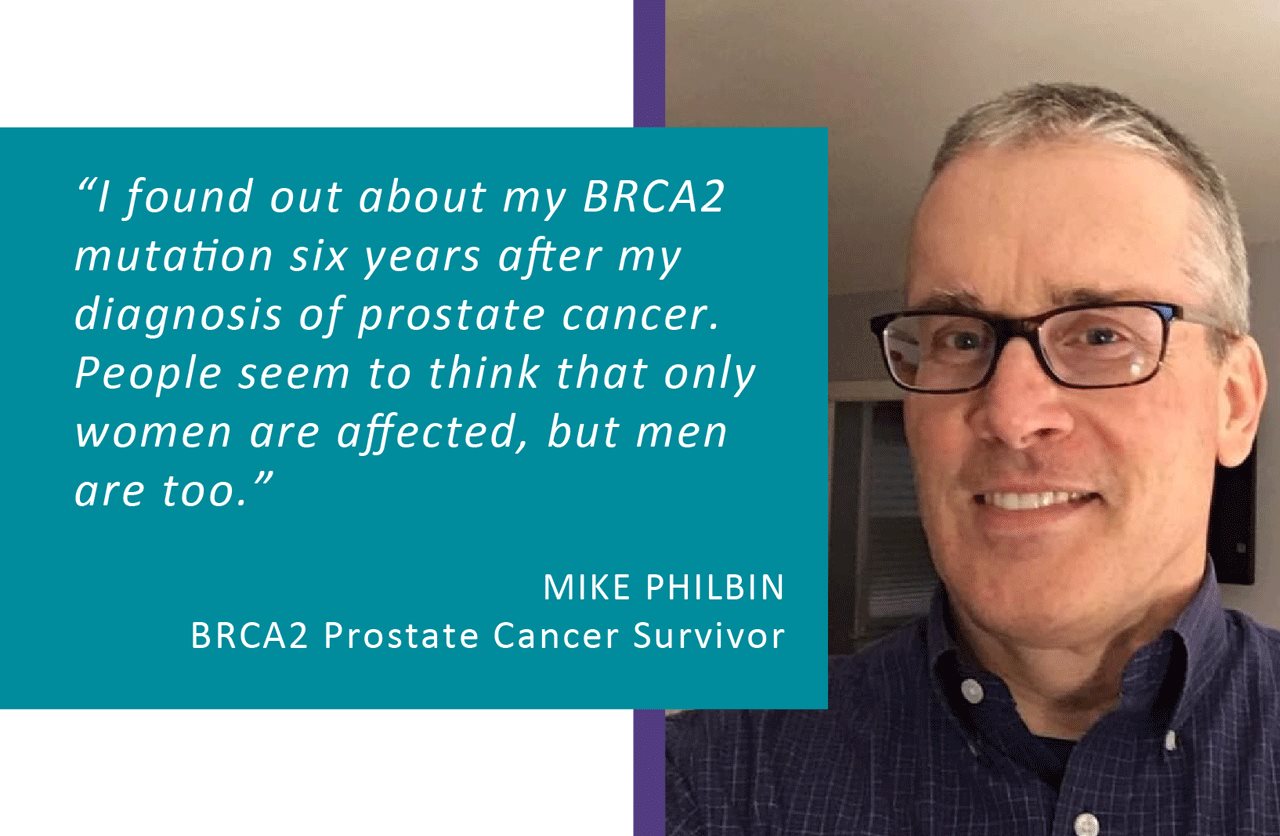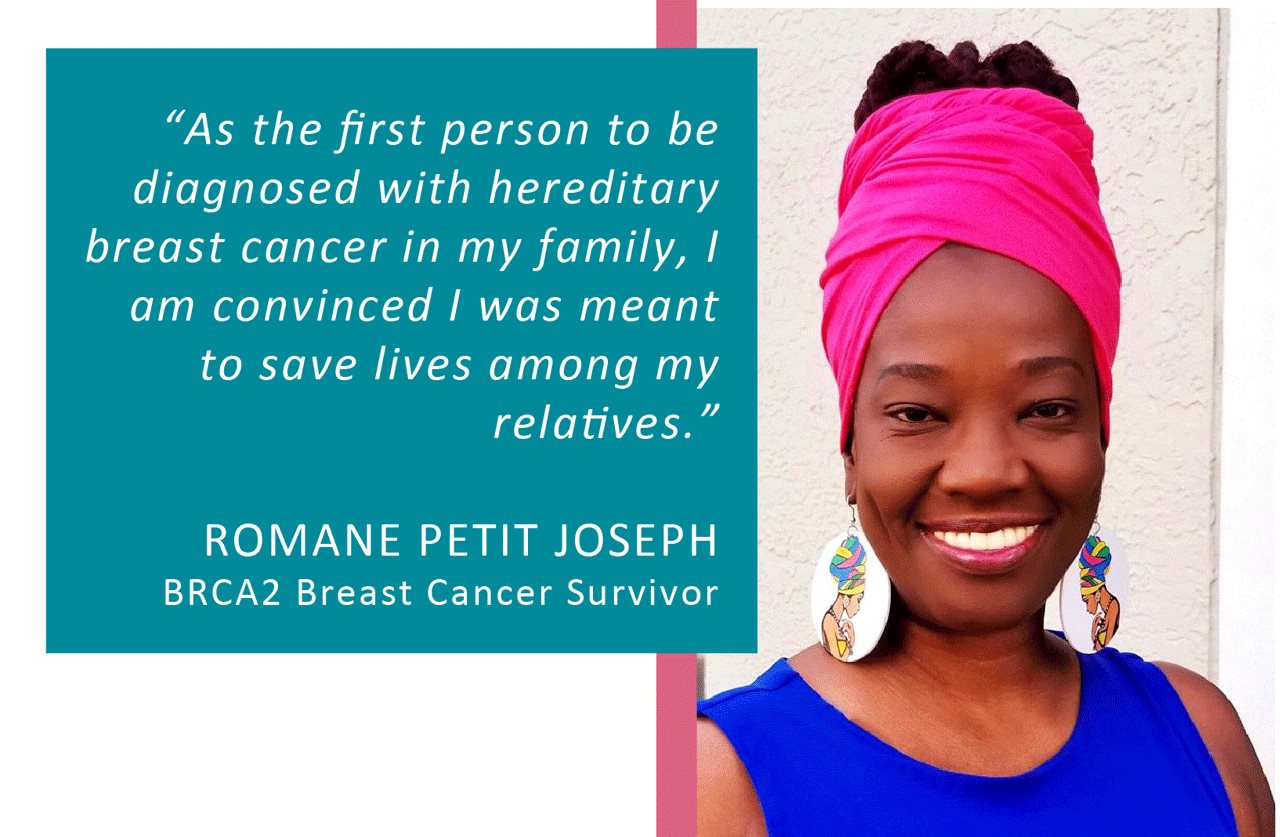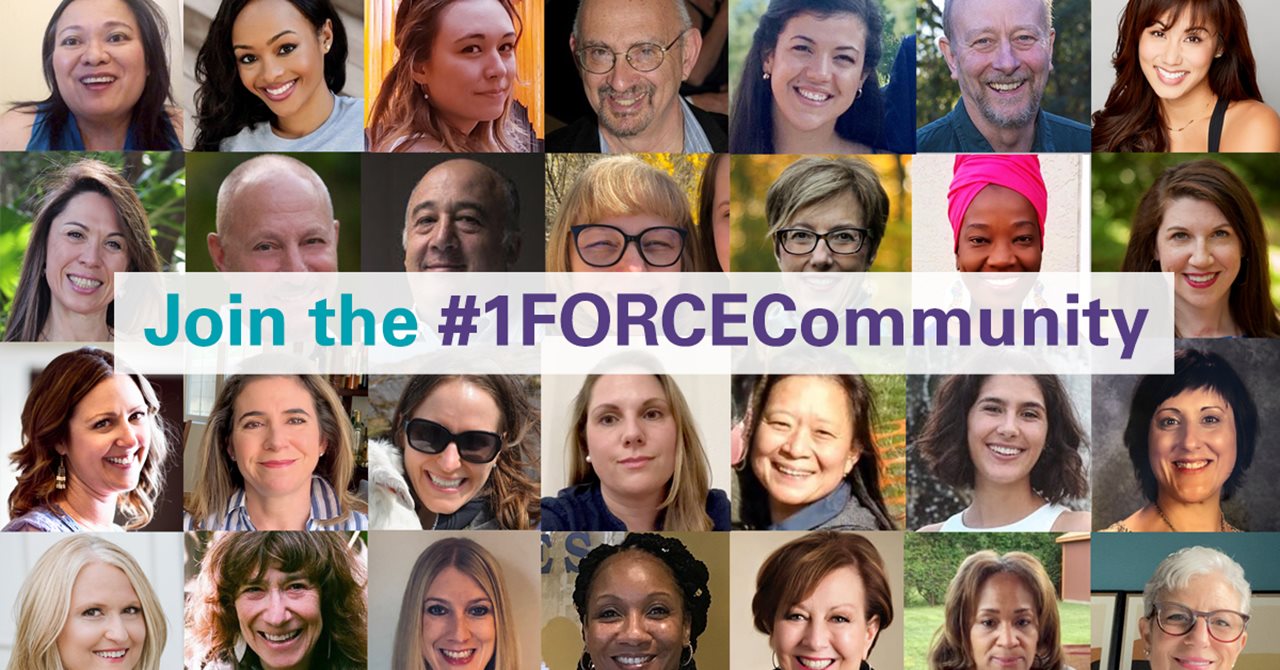(BPT) - People go to great lengths to reduce their odds of getting cancer. Many of us wear sunscreen, avoid processed foods, have regular checkups and eat organic produce, but what if your risk is hereditary rather than environmental? Read on to learn more about hereditary cancer and what you can do to learn about and manage your risk.
1. More than 10% of cancers are caused by inherited mutations in specific genes.

News stories about Angelina Jolie and other celebrities have made people aware that mutations in one of the BRCA genes can cause breast and ovarian cancer, but that's not the whole story. Mutations in other genes can cause a condition known as Lynch syndrome which leads to a very high risk for colorectal, endometrial and other cancers. Although fewer people are aware of Lynch syndrome mutations, they are actually even more common than BRCA mutations. Inherited mutations in many other genes are also linked to an increased risk for breast, colorectal, endometrial, pancreatic, prostate, skin and other cancers.
2. Up to 90% of people are unaware that they have a genetic mutation that increases their cancer risk.

Most people have no idea that they are predisposed to cancer until they - or a close family member - receive a cancer diagnosis that leads them to have genetic testing. People who know about their mutation before a cancer diagnosis can take steps to protect their health, reduce their odds of developing certain cancers or increase their chance of catching cancer at an early, more treatable stage. If you're wondering whether you should be tested for an inherited predisposition to cancer, this quiz is a good place to start.
3. Being aware of your cancer risk can save your life.

Some people shrug off the idea of genetic testing, believing if they test positive for a mutation there's nothing they can do about it - but that's not the case. A number of prevention and screening options are available to reduce the risk of getting cancer or increase the odds of catching it early before it spreads. Those who know they're at high risk can also schedule more frequent cancer screenings.
4. Hereditary cancer affects men, too.

Men are just as likely as women to inherit (or pass on) a genetic mutation that increases cancer risk. Depending on the gene, mutations can increase the risk for a variety of male cancers, including prostate, pancreatic, breast and colorectal.
5. Hereditary cancer can affect people of any ethnicity. Disparities exist in access to care.

While white celebrities including Angelina Jolie, Christina Applegate, Kelly Osbourne and Chris Evert have received significant media attention about their BRCA mutations, people of all backgrounds can inherit genetic mutations that predispose them to cancer. For example, studies have shown that Black and white women inherit genetic mutations associated with breast cancer at the same rates, yet Black women are much less likely to receive genetic counseling and testing, due in part to differences in physician recommendations and access to care. Later-stage diagnoses and higher mortality rates are also common among Black women, who are 40% more likely to die of breast cancer than white women.
6. New medications can target hereditary cancer.

If someone's cancer stems from a genetic mutation, they may have better odds of beating it thanks to drugs called PARP inhibitors, which were recently approved by the FDA. Initially developed to treat cancers in people with inherited BRCA mutations, PARP inhibitors are currently approved to treat select cases of breast, ovarian, pancreatic and prostate cancer. A type of immunotherapy known as immune checkpoint inhibitors is used to treat cancers in people with Lynch syndrome.
7. Support is available for people diagnosed with hereditary cancer and those at high risk.

No one wants to discover that they're at increased risk for hereditary cancer, but it's not something you need to face alone. Organizations like Facing Our Risk of Cancer Empowered (FORCE) have annual conferences, local support groups, peer-to-peer networks and many other resources to help people learn about their specific mutation and its cancer risks.
Want to learn more about hereditary cancer? Visit FORCE's website or grab a copy of Living with Hereditary Cancer Risk, a comprehensive guide on hereditary cancers that covers risk, prevention, genetic counseling and testing, treatment, quality of life and more. You can also stay up to date on the latest research and what it means for you by reading FORCE's XRAY reviews. XRAY looks behind the cancer headlines to deliver balanced information in plain language.




